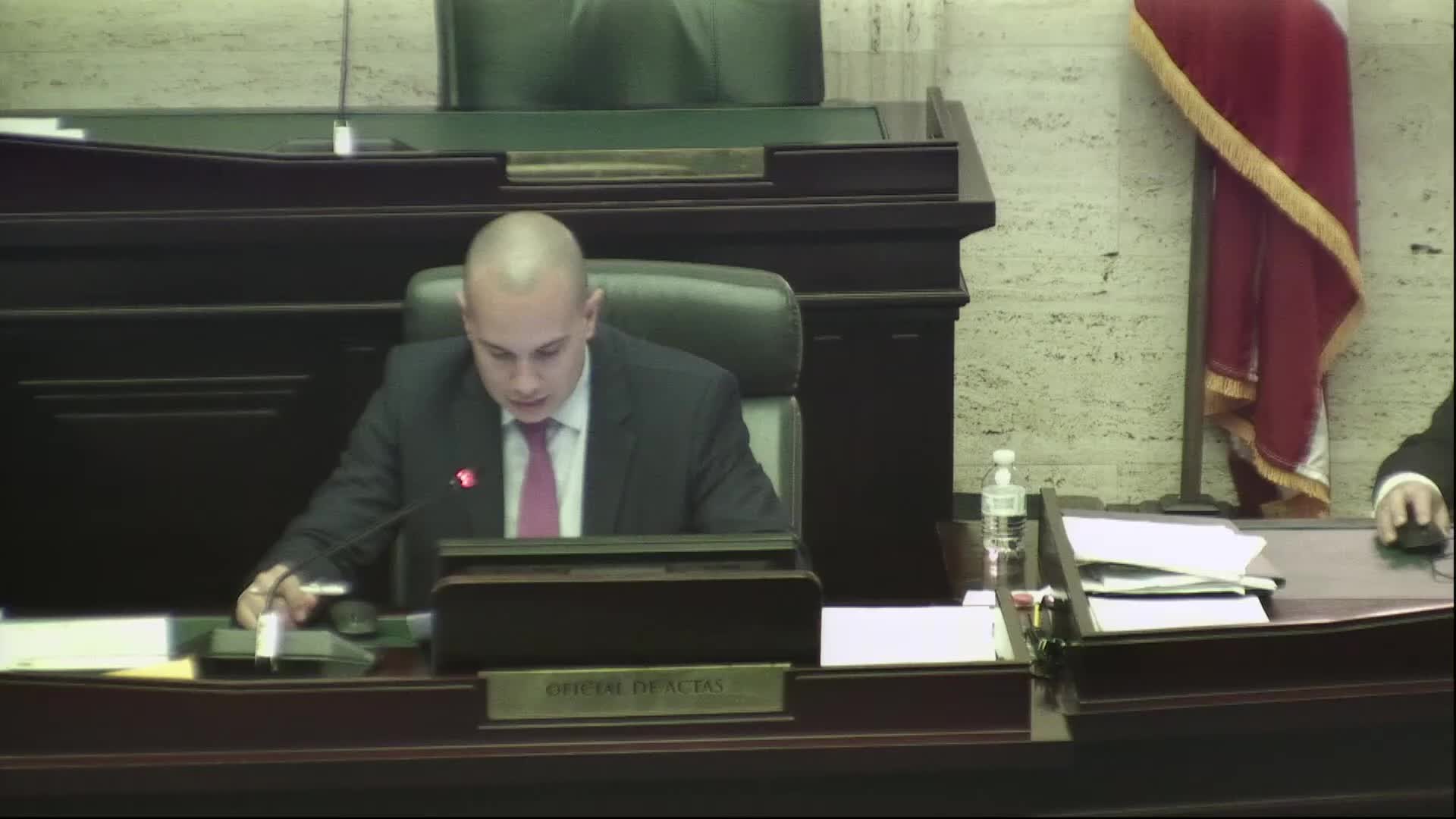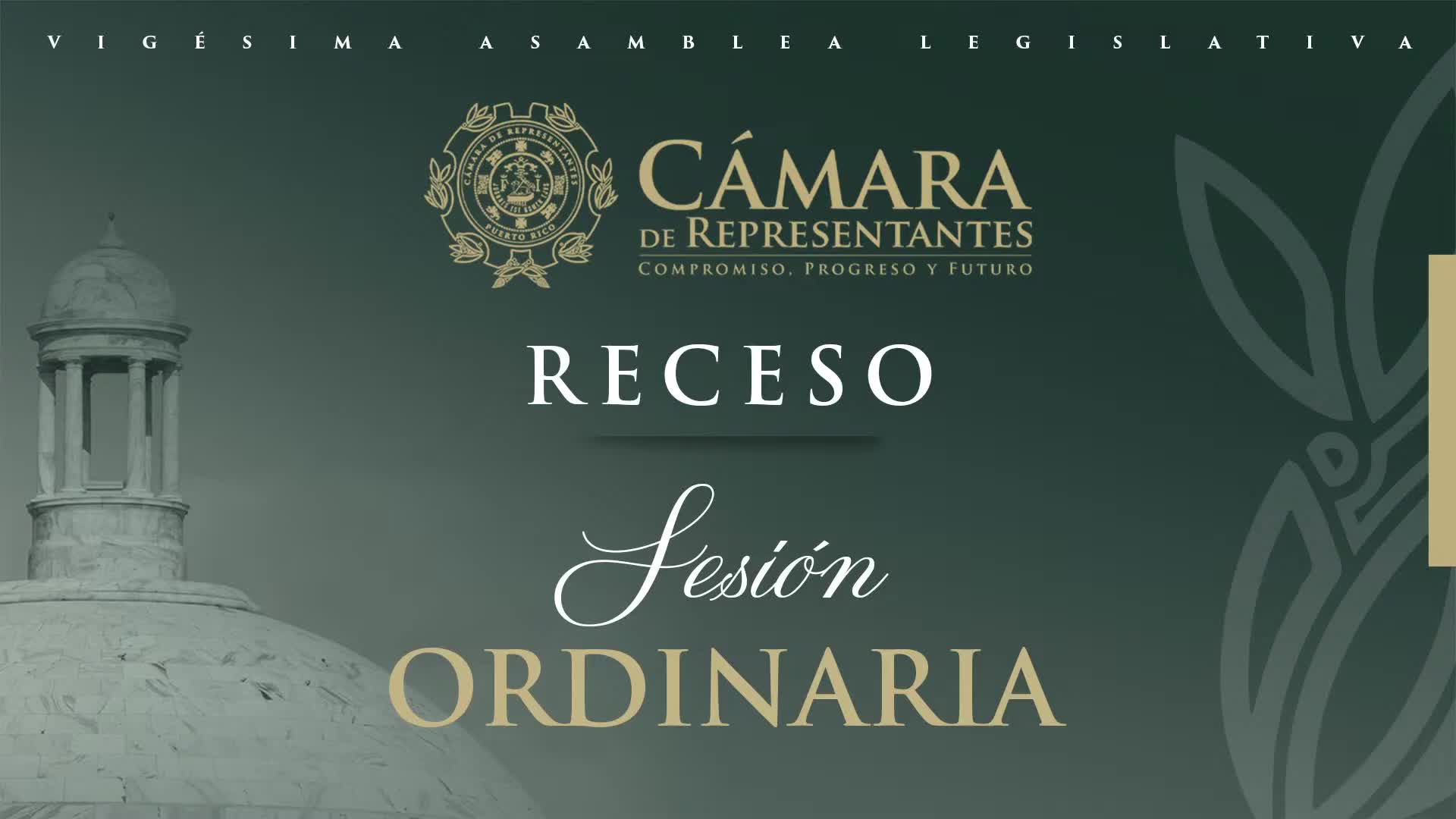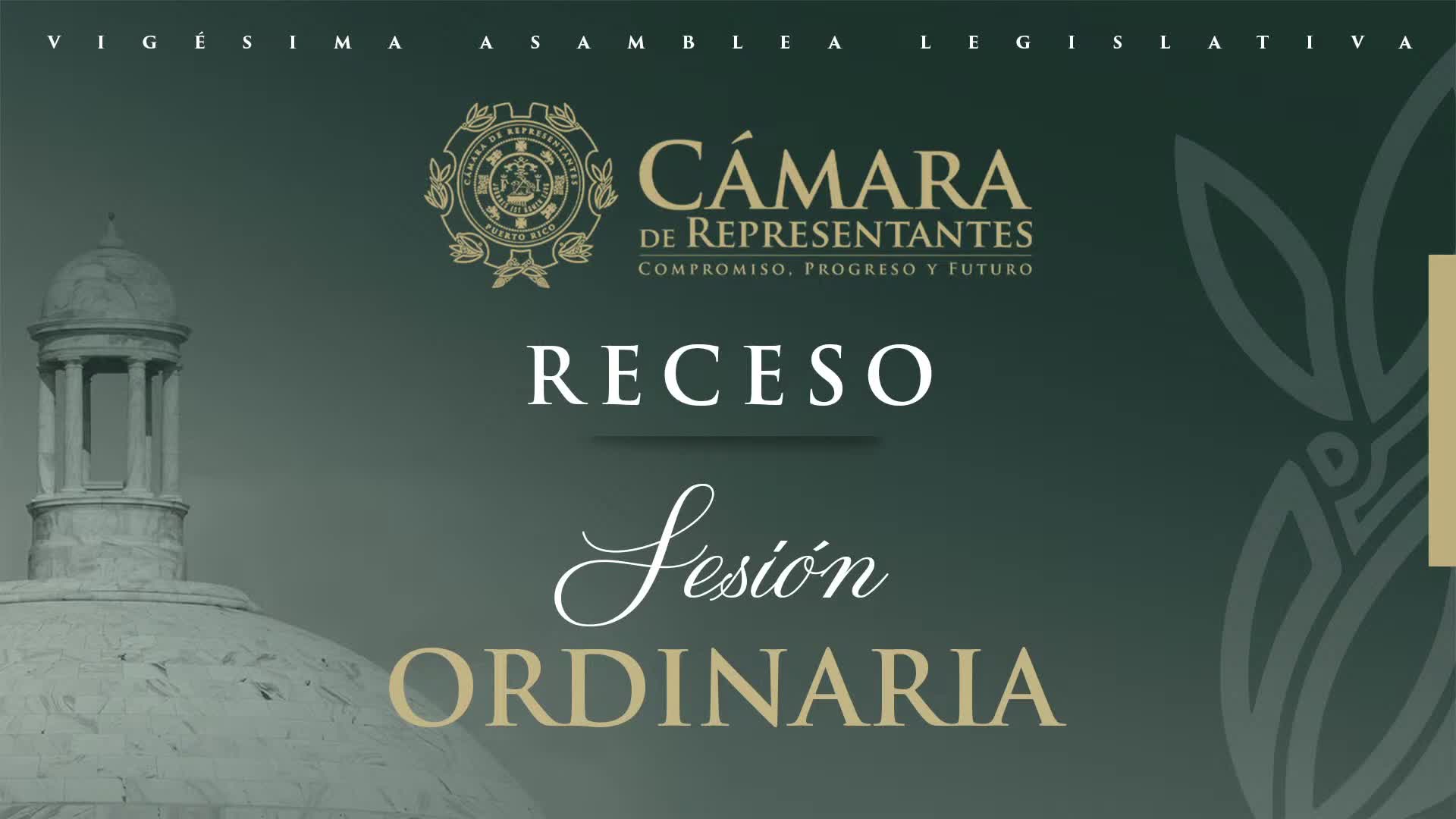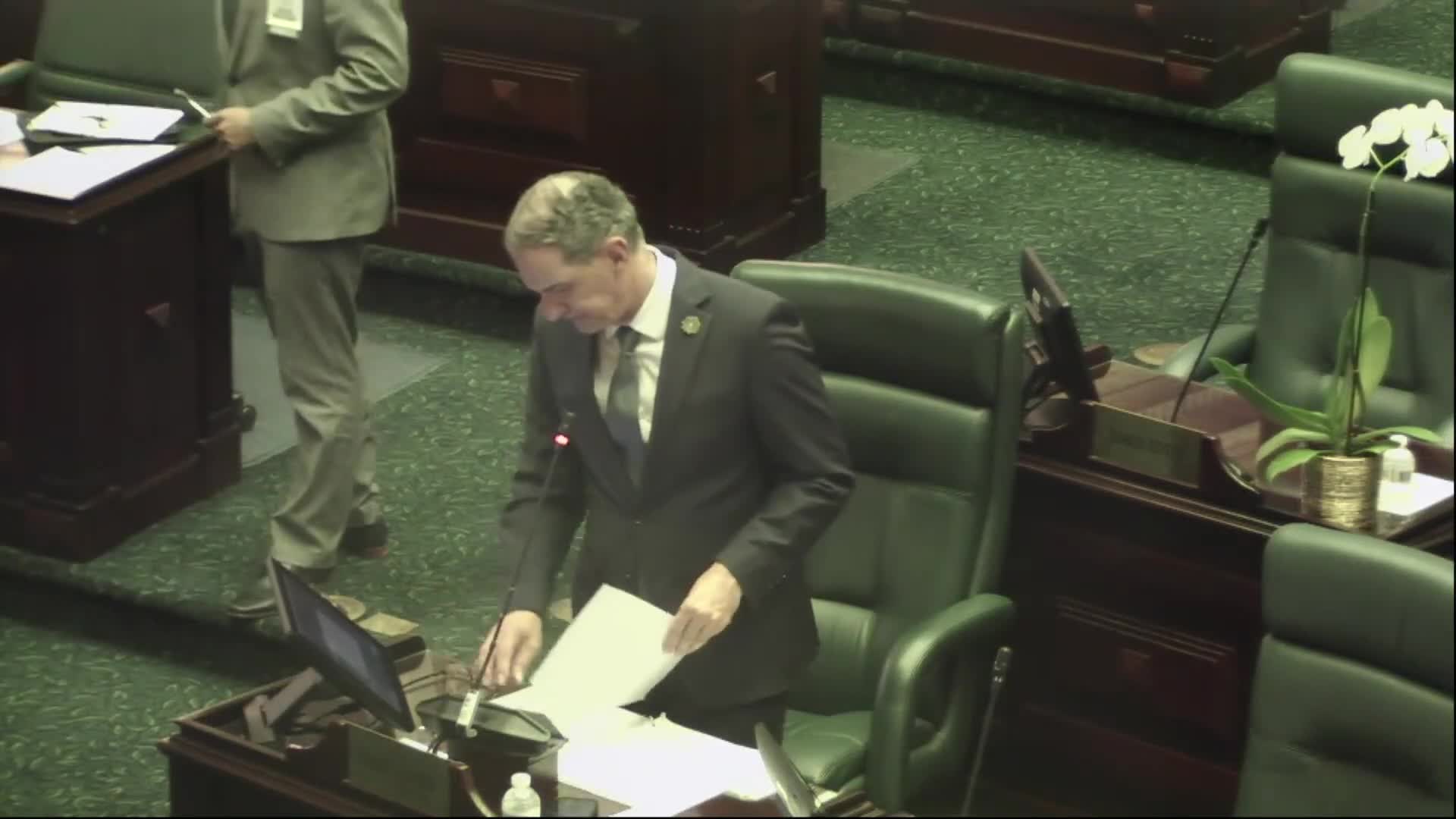Article not found
This article is no longer available. But don't worry—we've gathered other articles that discuss the same topic.

Votes at a glance: measures the House approved June 24, 2025

House approves bill to add baseball to school PE curriculum after committee review and debate over facilities and teacher training

House passes sports calendar bill after heated debate over fundraising and enforcement powers

